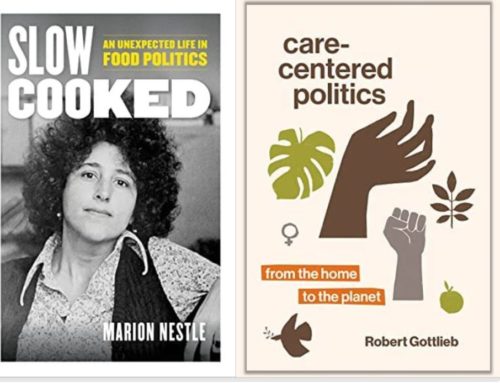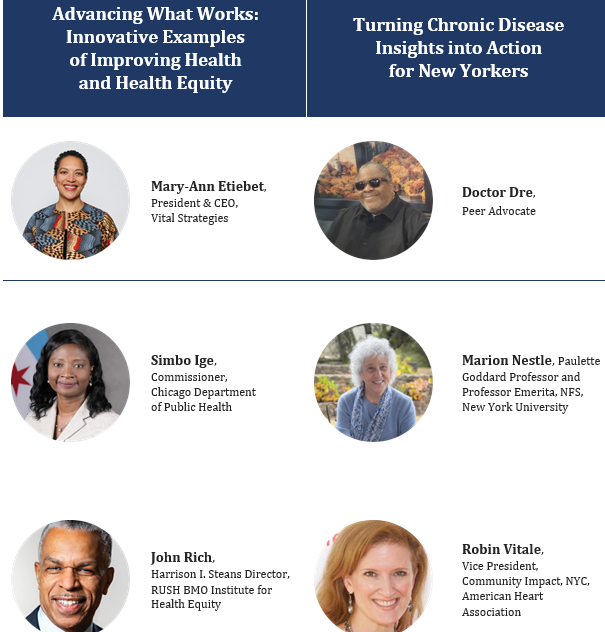Industry influence: PepsiCo counters nutrition misinformation
A member of the Academy of Nutrition and Dietetics forwarded this email sent to academy members.
From: PepsiCo Health & Nutrition Sciences <pepsiconutritionscience@pepsico.com>
Subject: Help combat nutrition misinformation 📢We’re sure you’ve seen this firsthand with your patients and clients: Nutrition research has become increasingly complex for the general public to understand – and the volume of contradictory headlines and misinformation in the media doesn’t help. As a healthcare professional, you have the power to inspire trust and deepen the general public’s understanding through credible communication of balanced, high-quality, evidence-based nutrition science.
That’s why we hosted our most recent Lab & Learn webinar, Communicating Evidence-Based Nutrition Science Effectively, on the topic. Whether you attended live or viewing on demand, we wanted to share an additional resource with you on this topic to enrich your practice even further.
Didn’t get a chance to tune in to the webinar live last week?
Watch on demand here and earn 1.25 free CPEUs!
Communicating Evidence-Based Nutrition Science Effectively awards 1.25 CPEUs in accordance with the Commission on Dietetic Registration’s CPEU Prior Approval Program.
Comment
Who better than PepsiCo to counter nutrition misinformation? The handout gives standard information about how to interpret scientific studies, and useful for that purpose. Perhaps it is an oversight but it omits any mention of biases introduced by funding by food companies.
More important, it implies that science alone will be enough to counter misinformation. It would be nice if erroneous beliefs about nutrition could be corrected by presenting facts, but beliefs, especially those that are deeply held, are not necessarily fact-dependent. They often have more to do with faith in what trusted people say.
PepsiCo wants dietitians to trust PepsiCo and avoid advising clients to cut back on sugary beverages or salty snacks.
The dietitian who sent this to me was skeptical, as dietitians should be in situations like these.




